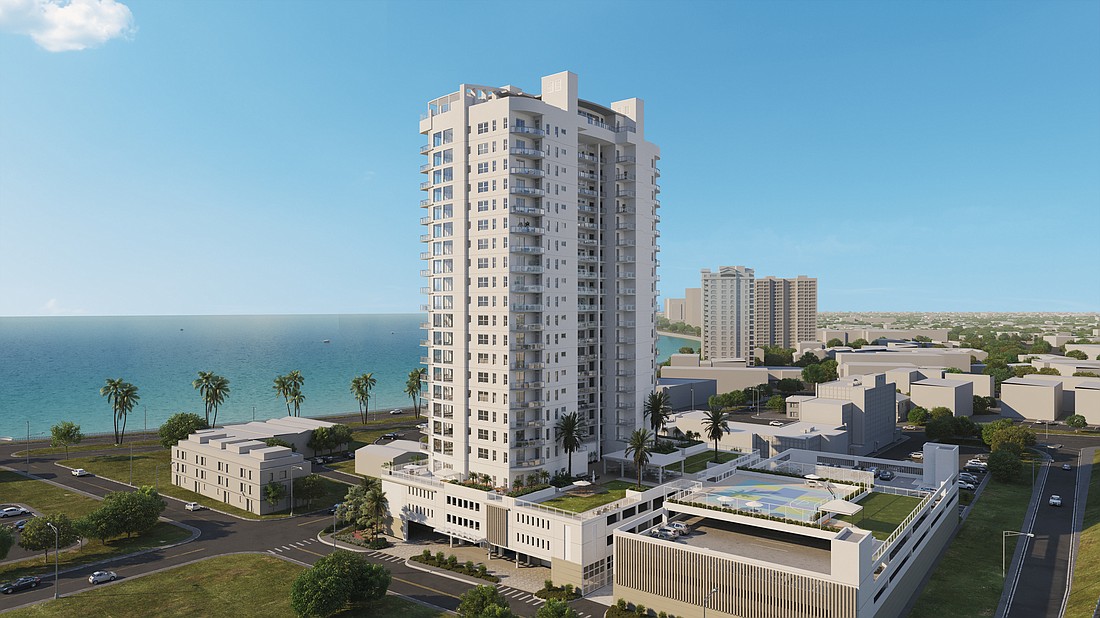- December 15, 2025
-
-
Loading

Loading

Ronto Group, a privately held Naples-based developer of luxury condo towers up and down the Gulf Coast, planned the 22-story Altura Bayshore well before the coronavirus pandemic changed life as we know it. But in retrospect, the building's design and amenities seem almost prescient.
Designed by Curts Gaines Hall Jones Architects, the $80 million South Tampa project — at 2907 S. Ysabella Ave., overlooking the city’s renowned Bayshore Boulevard — features a host of bells and whistles, such as private elevators, that will appeal to buyers in the new era of social distancing.